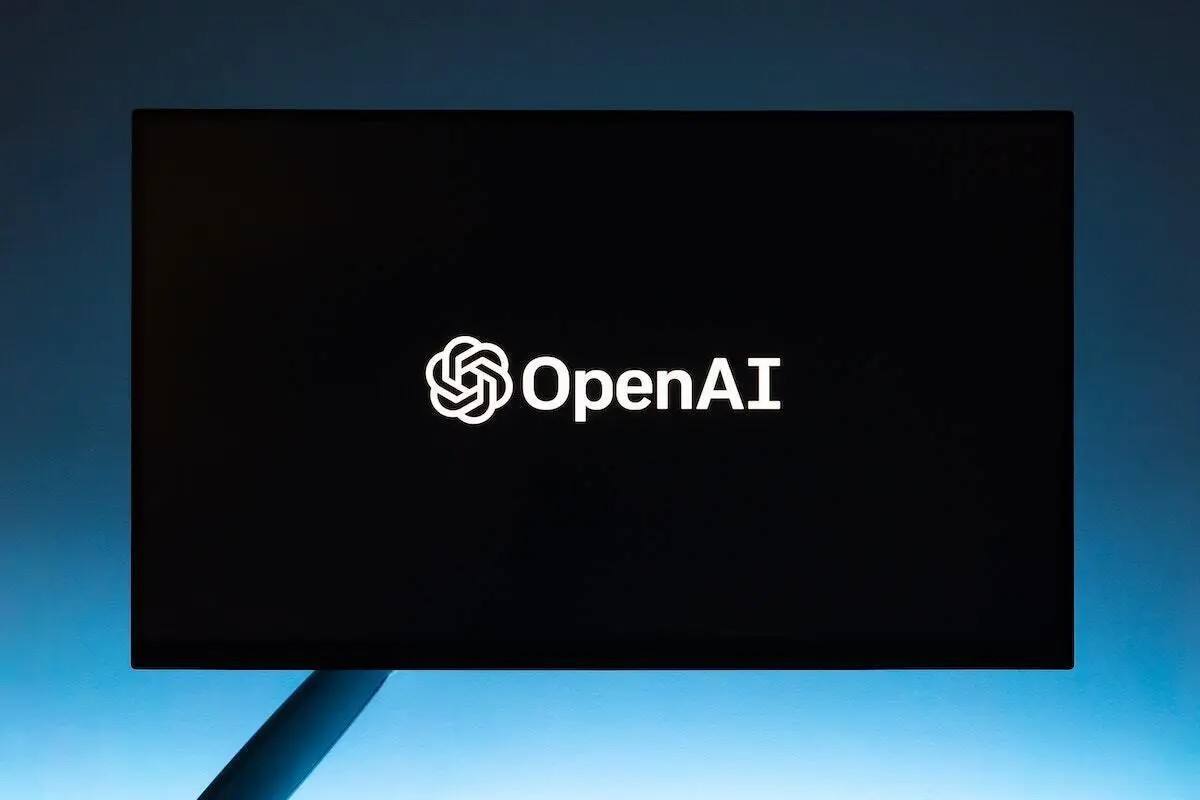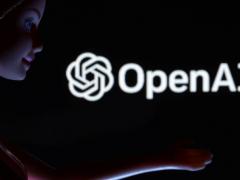
OpenAI shook the tech world twice in one week. First, it released two free open-source AI models. Then, just days later, it dropped its newest flagship — GPT-5.
CEO Sam Altman didn’t hold back, calling GPT-5 “the best model in the world.” Bold words, but TechCrunch’s Maxwell Zeff notes the truth is a bit more balanced — GPT-5 edges out Anthropic, Google DeepMind, and xAI in some benchmarks, but falls slightly behind in others.
Even so, the model shines in versatility, especially for coding tasks. Altman also pointed to a big selling point: pricing. As he put it on X: “Very happy with the pricing we are able to deliver!”
Here’s the breakdown: GPT-5’s API costs $1.25 per million input tokens and $10 per million output tokens, plus a tiny $0.125 fee per million cached tokens. That’s the same baseline Google charges for its Gemini 2.5 Pro — a favorite for coders — though Google bumps up rates for customers who send more than 200,000 prompts.
Compared to Anthropic’s Claude Opus 4.1, GPT-5 is a bargain. Claude starts at $15 for input and $75 for output per million tokens, though Anthropic does offer hefty discounts for caching and bulk requests. Claude still has a strong fan base among programmers, powering both its own Claude Code assistant and the coding tool Cursor — which, notably, added GPT-5 within minutes of launch.
Early-access developers are already praising the pricing. Simon Willison, featured in OpenAI’s launch video, called it “aggressively competitive.” Others, like HyperWrite’s Matt Shumer, are celebrating that GPT-5 is even cheaper than GPT-4o, saying “intelligence per dollar continues to increase.”
The buzz on X and Hacker News is similar — some are calling it a “pricing killer.” But the big question is: will Anthropic, Google, and others respond? If they do, we might be entering the long-rumored LLM price war.
A price war could be game-changing. Right now, many AI-powered app makers — especially “vibe-coding” tools — face shaky economics because of steep, unpredictable model fees. The same goes for countless AI startups. While everyone’s been hoping for a better price-to-performance ratio, the massive costs of AI infrastructure have made it seem like years away.
Consider this: OpenAI has a $30B/year deal with Oracle for capacity, but its annual revenue just hit $10B. Meta plans to pour up to $72B into AI infrastructure next year, and Alphabet is budgeting $85B. With investments that huge, prices usually move in one direction — up.
So while GPT-5’s launch is a big statement — and a strong nudge for lower prices across the industry — it’s still just one move. Whether it triggers a true market shift is something we’ll be watching closely.







